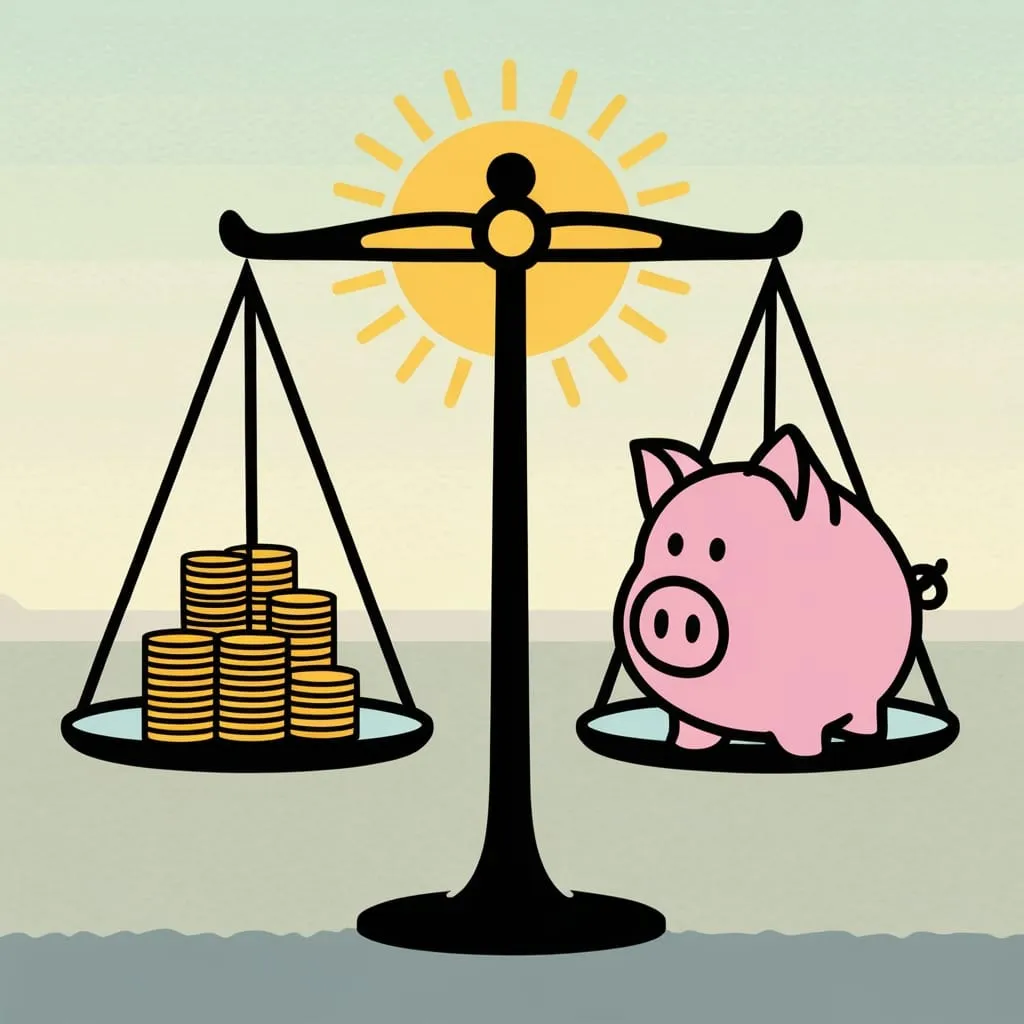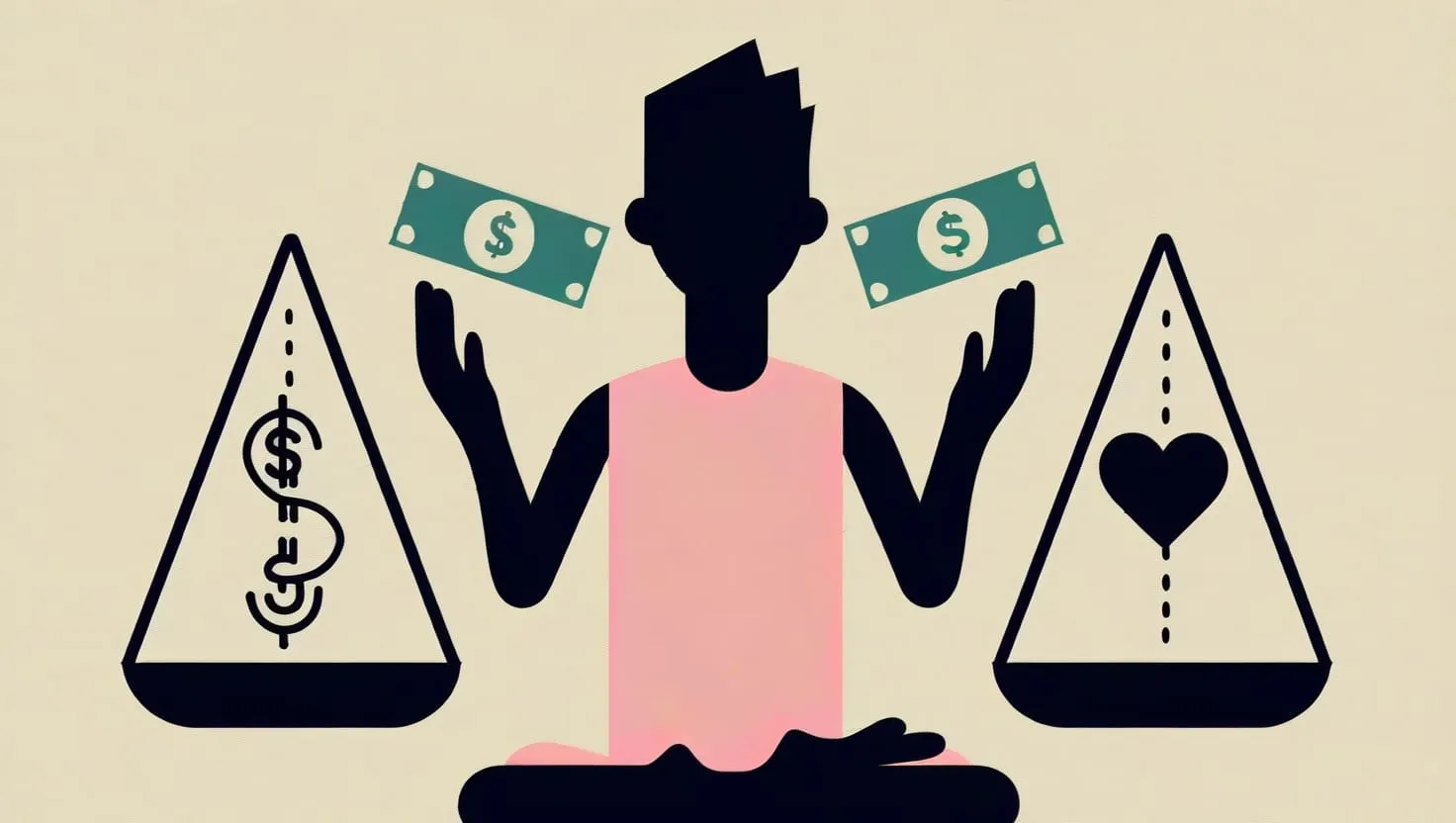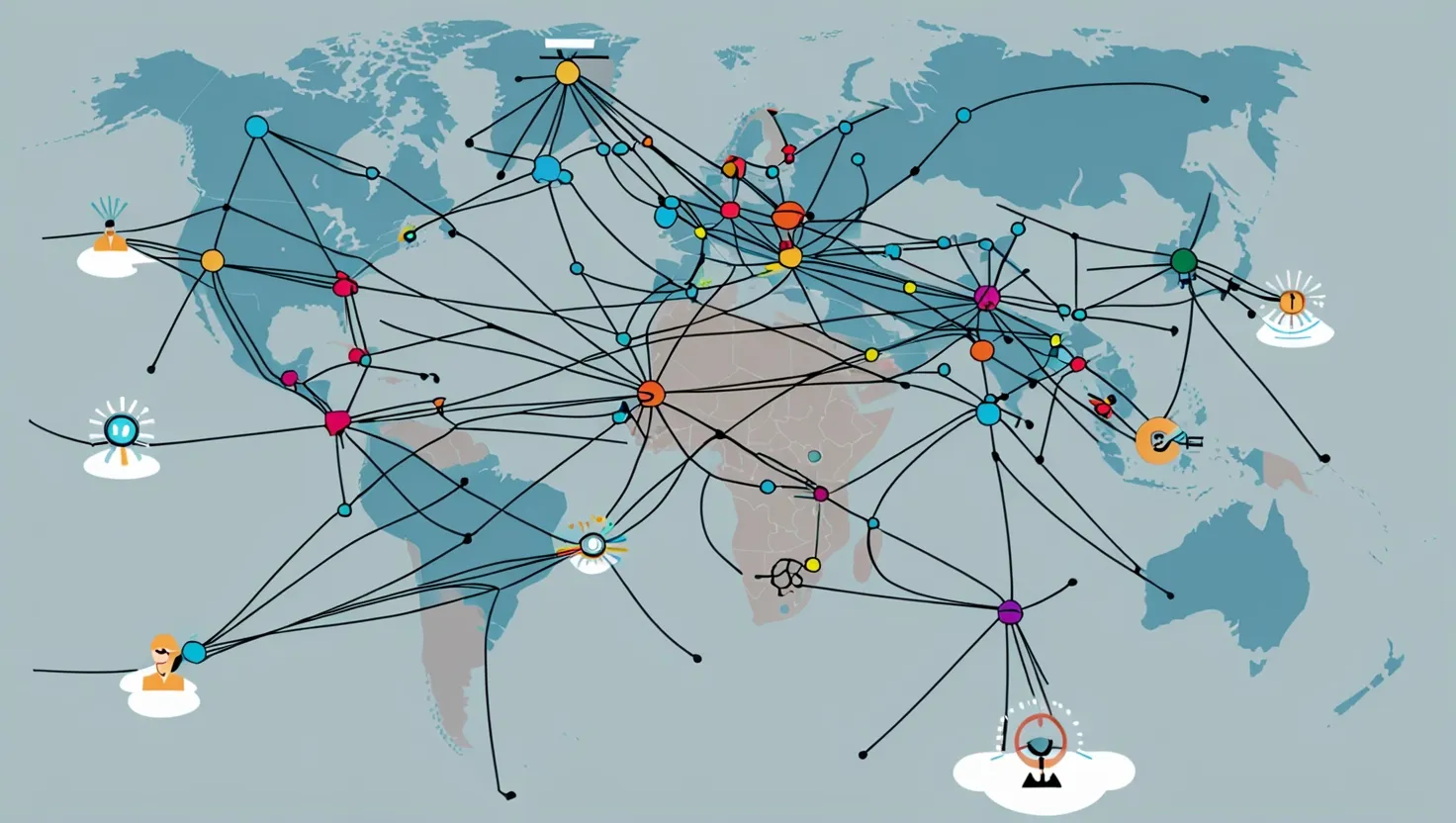Debt: Friend or Foe? Why Rushing to Pay It Off Might Not Always Be Smart
We've all heard it before - debt is bad, pay it off ASAP! But hold up a sec. Sometimes, keeping that debt around might actually be the smarter move. Crazy, right? Let's dive into why slowing your roll on debt payoff could be a genius financial strategy.
Inflation: Your Secret Debt-Fighting Weapon
Picture this: You've got a 30-year mortgage with fixed $1000 monthly payments. Sounds scary at first, but here's the kicker - inflation's got your back. As the years roll by, that $1000 starts to feel like chump change. Why? Because everything else - your salary, the price of avocado toast - it all goes up. But your mortgage? It's stuck in the past, getting easier to pay off with each passing year. It's like you're paying off your house with monopoly money. Sweet deal, huh?
So next time you're tempted to throw every spare penny at your low-interest debt, remember: inflation's working its magic. You might be better off investing that cash elsewhere and letting time do the heavy lifting on your debt.
Credit Scores: The Plot Twist You Didn't See Coming
Here's a mind-bender for you - paying off debt can sometimes hurt your credit score. I know, it sounds backwards, but hear me out. Your credit score is like a fickle friend - it likes variety. If you pay off your only installment loan (think car loan or mortgage), your credit mix takes a hit. And if you close that credit card account after paying it off? Your credit utilization might skyrocket, sending your score plummeting faster than a skydiver without a parachute.
The lesson? Don't ghost your credit accounts after paying them off. Keep them open, use them occasionally, and watch your credit score thank you for it.
Not All Debt is Created Equal
Let's get real for a second - credit card debt at 20% interest? Yeah, that's the bad guy. Pay that off faster than you can say "compound interest." But that student loan or mortgage sitting pretty at 3-4%? It might be worth keeping around.
Think of it this way: If you can invest your money and earn more than your debt is costing you, why rush to pay it off? It's like having a goose that lays golden eggs, but deciding to cook it for dinner instead. Sure, you get a meal, but you're missing out on all those future eggs.
Your Financial Safety Net: Don't Leave Home Without It
Before you go all gung-ho on debt payoff, make sure you've got a cushy emergency fund. We're talking 3-6 months of living expenses, just chilling in a savings account. Why? Because life loves to throw curveballs, and the last thing you want is to crawl back into debt just when you thought you were out.
Think of it as financial insurance. Sure, it might slow down your debt payoff journey, but it'll save your butt when life decides to get creative with its challenges.
Debt Settlement: Sometimes, Less is More
Got some old debts haunting you like ghosts of financial mistakes past? Sometimes, settling for less than you owe can be a smart move. It's like haggling at a flea market - you might walk away paying less than the sticker price.
But here's the catch - make sure you get everything in writing. A verbal agreement is about as useful as a chocolate teapot when it comes to legal stuff. And remember, settling debt isn't a get-out-of-jail-free card for your credit score. It'll still show up, but it's usually better than an unpaid debt giving your credit report the stink eye.
Keeping Your Sanity While Killing Your Debt
Let's face it - paying off debt can feel about as fun as watching paint dry. That's why it's crucial to find a method that keeps you motivated. Some folks swear by the debt snowball method - paying off smaller debts first for quick wins. Others prefer the avalanche method - tackling high-interest debts to save more in the long run.
Pick the method that makes you feel like a financial superhero. And for the love of all that is holy, don't forget to have some fun along the way. All work and no play makes Jack a dull boy - and a very cranky debt-payer.
Debt Consolidation: Not Always Your Knight in Shining Armor
Debt consolidation loans can look mighty tempting. One payment instead of five? Sign me up! But hold your horses - these loans can be wolves in sheep's clothing. Sure, they might simplify your life, but they could end up costing you more in the long run.
Before you jump on the consolidation bandwagon, bust out that calculator and do some serious number crunching. Make sure you're actually saving money, not just kicking the can down the road.
The Long Game: Building Wealth, Not Just Killing Debt
Here's the real tea - paying off debt is just one piece of the financial puzzle. The end game? Building long-term wealth. That means not just getting out of debt, but staying out of it.
Once you've slayed your debt dragon, resist the urge to go on a spending spree. Instead, channel your inner Warren Buffet and start investing. Save up for big purchases instead of financing them. It's like building a financial fortress - sturdy, secure, and ready to weather any storm.
Wrapping It Up: The Art of Strategic Debt Management
So there you have it, folks. Paying off debt isn't always a straightforward sprint to the finish line. Sometimes, it's more like a strategic game of chess. Consider inflation, your credit score, and your overall financial goals before going all Rambo on your debt.
Remember, personal finance is just that - personal. What works for your buddy might not work for you. So take the time to really understand your debt, your goals, and your options. With a little strategy and a lot of patience, you can turn your debt from a scary monster into a helpful tool on your journey to financial freedom.
Now go forth and conquer your debt - smartly, strategically, and with a hint of swagger. Your future self will thank you for it.






